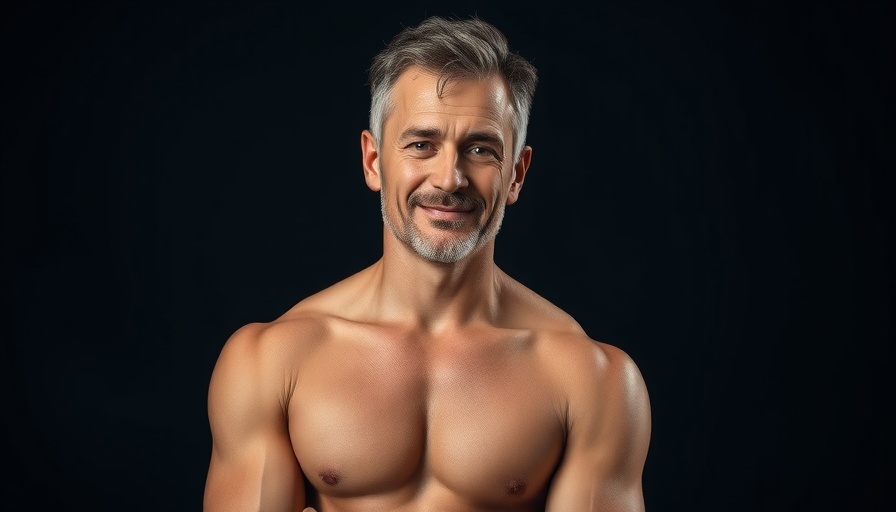
Understanding Biological Age: A Growing Fascination
In a world where age is often defined by numbers, the concept of biological age is capturing the attention of many seeking to optimize their health and longevity. Unlike chronological age, which simply counts the years since birth, biological age reflects the physical state of our bodies based on various factors including genetics, lifestyle choices, and environmental influences. This intriguing metric is becoming a focal point for individuals curious about how well they are aging.
A New Metric for Health and Longevity
Biological age has emerged as the trending health metric for those on a quest for eternal youth. As noted in the lifestyle section of the Sydney Morning Herald, tech entrepreneurs like Bryan Johnson spend millions to chase this ideal. Their journey involves everything from extreme diets to the implementation of high-tech gadgets aimed at redefining not just how long we live, but how well we live. This obsession speaks to a broader societal desire to take control of the aging process and even reverse it.
The Science Behind Biological Age
So, how is biological age determined? While there's no universal standard, methods typically involve evaluating biomarkers such as inflammation levels, DNA methylation patterns, and metabolic health indicators like cholesterol and body mass index. Despite advancements in measuring techniques, the results can vary significantly, leading to confusion about the accuracy and reliability of such assessments.
According to molecular biologist Dr. Tina Bianco-Miotto, it’s crucial to understand that focusing solely on one or two metrics yields a limited view of health. A more holistic approach is needed to truly assess biological age, encompassing various lifestyle factors and overall well-being.
The Emotional Connection to Age
The implications of biological age extend beyond mere numbers. Nutritionist Amelia Phillips highlights that the emotional response to being told one’s biological age can influence mental well-being. Feeling younger or older than one’s chronological age can shape attitudes toward health, lifestyle choices, and even social interactions. It raises the question: if biological age can be altered through lifestyle adjustments, should we all strive to feel and behave younger than our years?
Practical Steps for Healthy Aging
For those eager to positively influence their biological age, several actionable strategies can be considered:
- Nutrition: Emphasize whole foods rich in antioxidants to combat cellular damage.
- Physical Activity: Regular exercise not only improves physical health but also bolsters mental well-being.
- Stress Management: Practices such as mindfulness and meditation can help mitigate the effects of stress on the body.
Future Trends in Biological Aging Research
As the awareness around biological age grows, so too does interest in developing new ways to measure and potentially manipulate it. Future research may unveil more precise methods of assessment and interventions aimed at slowing or reversing biological aging. The rise of technology in health monitoring further suggests an upcoming era where individuals can have real-time insights into their biological status, encouraging healthier lifestyle choices before issues arise.
Conclusion: Embrace Your Journey
While it’s essential to acknowledge that age is just a number, understanding the concept of biological age can empower individuals to take proactive steps towards a healthier lifestyle. By making informed choices, it’s possible to influence how well you age. This evolving narrative underscores a larger societal shift toward prioritizing health and wellness.
So, how does your biological age measure up? Consider examining your lifestyle habits and making meaningful changes that not only enhance your biological metrics but also enrich your life experience.
 Add Row
Add Row  Add
Add 




 Add Row
Add Row  Add
Add 

Write A Comment